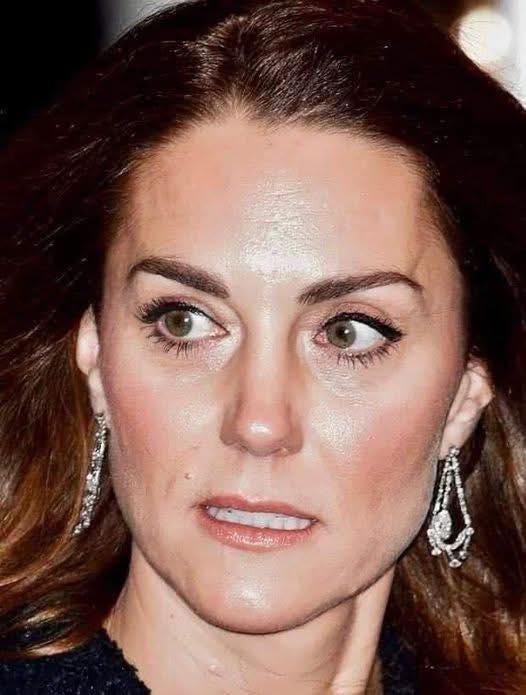Prince William offered a much-needed update on his wife, Kate Middleton, after a period during which she had stepped back from public life. Speaking at a royal engagement, he said she was “feeling much better,” a brief but comforting remark that helped ease growing concern about her health. Though he avoided sharing medical details, his calm tone and composed demeanor seemed intended to reassure the public and signal that Kate may soon return to royal duties.
Kate’s absence had not gone unnoticed. For someone known for her steady presence at charity events, official visits, and public engagements, her sudden disappearance naturally raised questions. Fans and royal observers speculated about what might be happening behind the scenes, and social media quickly filled with theories and concern. William’s words marked the first official acknowledgment of the matter, giving the public something solid amid the uncertainty.
His message was careful and deliberate. He thanked everyone for their kindness and support, emphasizing that Kate was recovering well. While he declined to discuss specifics or a timeline for her return, his simple phrase—“feeling much better”—was exactly what many had been hoping to hear. It struck the perfect balance: reassuring the public without intruding on personal privacy.
For any high-profile figure, health can be both a private and public matter—and for Kate Middleton, that balance is particularly delicate. She’s more than a royal name or a celebrity; she’s a central symbol of the modern monarchy. Even a brief absence from her charitable work and public commitments creates a noticeable gap. That’s why every rumor or whisper about her wellbeing tends to echo louder than it might for others.
Over the years, Kate has built a strong and independent public image—warm, composed, and deeply committed to causes such as children’s welfare and mental health. Her reliability and grace have become part of her identity. When she steps away, the contrast is sharp, and both admirers and critics wait eagerly for signs of her return—whether to a school visit, a gala, or a community project.
The cause of her recent withdrawal remains undisclosed. Was it a mild illness, exhaustion, or something being handled quietly in private? William’s choice to stay vague suggests that, despite public interest, the royal family intends to keep certain boundaries intact.
For now, the takeaway is clear: Kate is recovering and plans to return when she’s ready. William’s words were meant to calm worries and affirm that she’s not disappearing, just taking time to heal. Implicit in his statement is a promise—that she’ll reappear once she feels strong enough to resume her duties.
Her situation also highlights the weight of responsibility that comes with royal life. The health of someone like Kate Middleton isn’t just a personal matter—it carries institutional significance. Charities rely on her presence, campaigns value her support, and the public’s faith in the monarchy depends partly on its visibility and continuity. When that continuity is disrupted, reassurance itself becomes an act of duty.
For fans and followers, the best approach now is patience and respect. In a world where rumors spread faster than truth, restraint matters. The facts we have are few but meaningful: Kate is improving, she’s resting, and she’ll return when she’s ready.
Until then, royal watchers will keep an eye out for subtle signs of her comeback—a quiet appearance, a new photo, or an update from the palace. But above all, her privacy deserves to be protected. Let the headlines remain hopeful, the tone stay kind, and the space for recovery remain hers.
